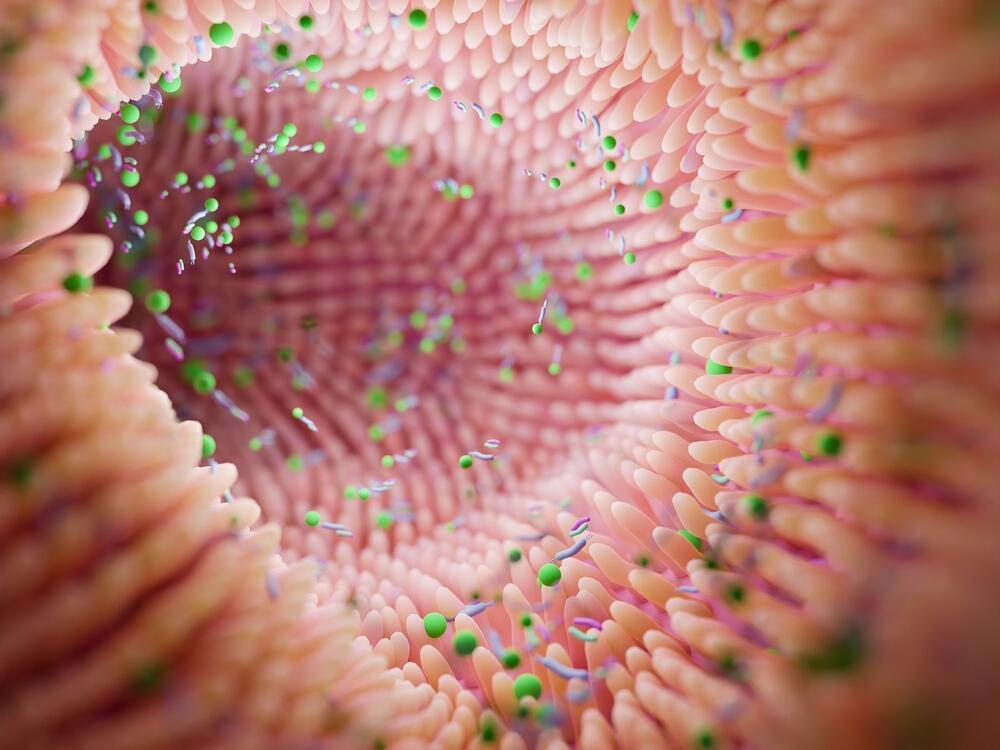Getting your Trinity Audio player ready...
A study published in Nature Microbiology found distinct differences in the gut microbiome of autistic children, including decreased diversity, altered abundances of specific microbes, and disrupted metabolic pathways related to energy and neurodevelopment, compared to neurotypical children.
A 31-marker panel comprising microbial features demonstrated robust diagnostic value for ASD across different cohorts and ages, with 82% accuracy, suggesting the possibility of developing a non-invasive diagnostic test based on gut microbiome analysis.
The findings suggest a link between gut health and ASD, raising the possibility of new treatment possibilities like probiotics and fecal transplants.
Autism Spectrum Disorder (ASD) is a neurodevelopmental condition affecting around 1% of the global population, characterized by challenges in social interaction, communication, behavior, and information processing. Existing behavioral assessments and expert observations for diagnosis can be influenced by biases and cultural factors.
Increasing autism rates are attributed to greater awareness and expanded diagnostic criteria in recent years in Britain and Western countries. Genetic factors contribute to 60-90% of autism, but other factors like older parental age, birth complications, and environmental exposures also play a role.
This article was written in collaboration with Generative AI news company Alchemiq
Sources: The Guardian, The New York Times, Nature, Newsweek, The Independent, Newsmax, Times of India, Tasnim News, ABC, Yahoo News, Hospital Health, MRT, Medscape, ZME Science, Newser, KFF Health News, Medical Xpress, QNewsHub, Devdiscourse, Koha, New Atlas, Daily Mail.


